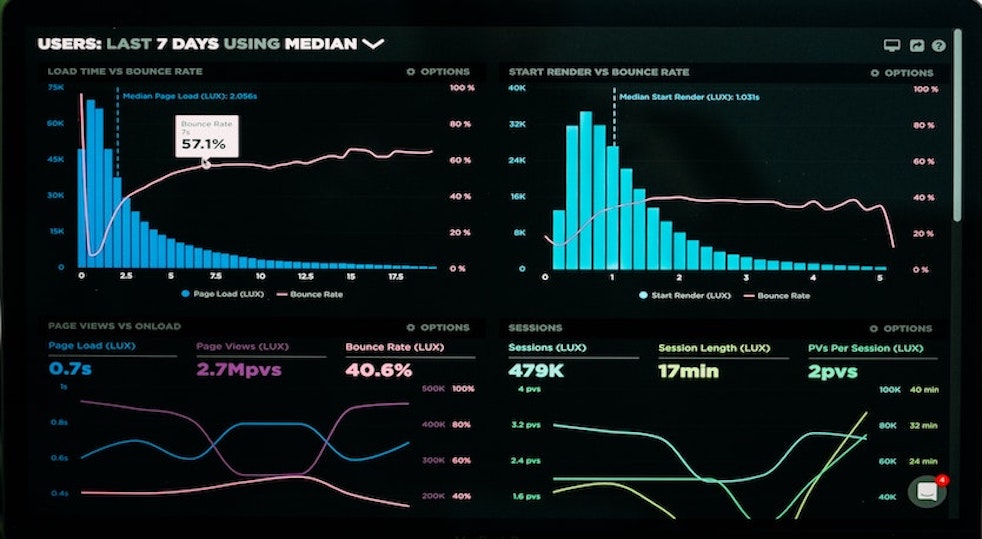To complement our series of QuickReads covering measurement, we will now explore the various data…
Lean Government – London 26th September
 The public sector is in the midst of unprecedented austere times. The challenge to be leaner, more agile and better equipped to deal with service demands has never been greater. Furthermore, the recent Spending Review, covering the period 2015/16, outlined further cuts of up to 10% for Whitehall departments and a £11.5bn reduction in public spending. It is imperative that leaders and managers put structured plans into place now that can help deliver streamlined and better performing public services for the future.
The public sector is in the midst of unprecedented austere times. The challenge to be leaner, more agile and better equipped to deal with service demands has never been greater. Furthermore, the recent Spending Review, covering the period 2015/16, outlined further cuts of up to 10% for Whitehall departments and a £11.5bn reduction in public spending. It is imperative that leaders and managers put structured plans into place now that can help deliver streamlined and better performing public services for the future.
There is also an increasing air of competition between them. NHS foundation trusts are competing for business and the creation of GP consortia will exacerbate this. Service demands are on the rise, particularly as the population ages, as ever higher quality standards are required and as press, parliamentary and public scrutiny of services increases. Local authorities are being given more responsibilities, not only for services but also for economic growth. The growing number of Local Enterprise Partnerships (LEPs), through which £45bn of investment will be funnelled, will reshape local government. The need for LEPs to bid and compete for funding creates further challenges. In short, the long heralded major changes to the structure of the public sector and service delivery are underway.
These challenges require a variety of responses.
The public sector organisations that have tight control and understanding of their unit costs will be able to make the most informed decisions about how best to use their resources. This is an area where the public sector has traditionally been weak.
- Public sector organisations will increasingly need to form alliances with others in order to remain competitive and financially viable.
- 21st Century IT developments are truly transformational; the general public uses IT in a way that wasn’t foreseen only 20 years ago and they expect the public sector to take advantage of the new opportunities, which can mean the provision of new services whilst abandoning some existing ones, or providing old services in a new way.
- Transformation requires new, leaner and fitter organisational structures, processes and procedures, which will require excellent communications and full staff involvement in developing workable solutions.
- There must be a strong focus on outcomes. Finally, organisations will need strong and visionary leadership to see them through challenging times.
Come and visit us at the fifth annual Lean Government: Improving Public Sector Performance conference addresses all these issues and the opportunities they present. It will explore how lean thinking can transform public sector performance, deliver efficient services, avoid duplication and better help meet customer needs. The agenda will include practical case studies covering how issues have been overcome, what lessons can be learned and how successes can be achieved from organisations who have already started the transformational journey. Delegates will learn how to involve their staff in the delivery of more efficient services, improve performance and create an environment that enables continuous improvement.



